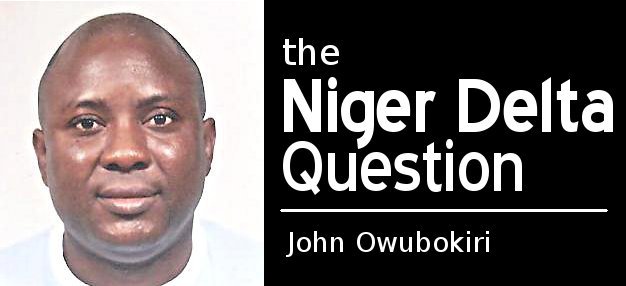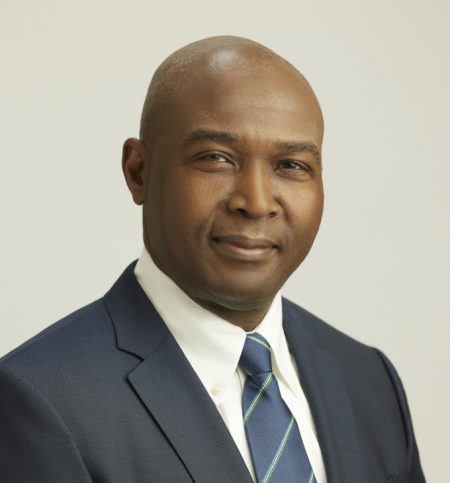 London — Some folks argue where I come from that the only reason Nigeria is still a country is oil and gas. It may not be true but Nigeria’s mainstay is undoubtedly earnings from oil and gas. In such a sensitive situation the government that depends on oil and gas earnings ought to have the sense to tread with care in handling matters relating to oil and gas, especially as the resources are gradually assuming the status of horses and carts when cars started to enter the transportation market. The Nigerian government entered into Joint Venture Agreements and in 1993, the first Production Sharing Contracts (PSCs), a genre of contracts by which Nigeria attracted heavy financing and technology to exploit its deep offshore assets. It is by virtue of these PSCs that Nigeria came into Floating, Production, Storage and Offloading (FPSO) and Production, Storage and Offloading (PSO) platforms such as Bonga, Agbami, Erha, Egina and others. The law that enabled Nigeria to negotiate and participate in these lucrative ventures is the Deep Offshore and Inland Basin Production Sharing Contracts Decree (No. 9 of 1999), amended in May 1999 and in 2004 when it finally lost its military nomenclature and became a law in Cap D3, Laws of the Federation of Nigeria.
London — Some folks argue where I come from that the only reason Nigeria is still a country is oil and gas. It may not be true but Nigeria’s mainstay is undoubtedly earnings from oil and gas. In such a sensitive situation the government that depends on oil and gas earnings ought to have the sense to tread with care in handling matters relating to oil and gas, especially as the resources are gradually assuming the status of horses and carts when cars started to enter the transportation market. The Nigerian government entered into Joint Venture Agreements and in 1993, the first Production Sharing Contracts (PSCs), a genre of contracts by which Nigeria attracted heavy financing and technology to exploit its deep offshore assets. It is by virtue of these PSCs that Nigeria came into Floating, Production, Storage and Offloading (FPSO) and Production, Storage and Offloading (PSO) platforms such as Bonga, Agbami, Erha, Egina and others. The law that enabled Nigeria to negotiate and participate in these lucrative ventures is the Deep Offshore and Inland Basin Production Sharing Contracts Decree (No. 9 of 1999), amended in May 1999 and in 2004 when it finally lost its military nomenclature and became a law in Cap D3, Laws of the Federation of Nigeria.
It is significant to note that at the time Nigeria entered into the big league of deep offshore oil exploration, all the banks in Nigeria could not put together the kind of financing the venture required. Nigeria has enjoyed and is enjoying its deep offshore assets without investing tax payers’ money and without outlaying huge sums to command the kind of complex technology required to operate an offshore oil facility. A basic feature of PSCs is that the investor recoups on his investment by taking out a huge percentage of the profits that accrue to the investment until the sums defrayed are realised and then the profit sharing ratio is reversed in favour of the asset owner, that is, the Nigerian government. This system enables the investors to recover massive financial outlays in monumental business risks that can easily be undermined by price shifts traceable to events and factors that influence price in the oil and gas industry.
Also Read: Pools of hopelessness in their browm eyes
The investments made and risks taken by the IOCs and the price shifts that undermine, extend and circumscribe the profitability, liabilities and obligations of the investors and asset owners are one set of challenges for both investor and asset owner. Currently Nigeria is an unsafe and insecure investment environment, with sea pirates, kidnappers, pipelines vandals and terrorists adding a more insidious set of challenges to exploration and production activities than international price volatility. Add these to the compromise of the operation of the rule of law, by implication, the removal of the assurance an investor has that neutral courts can protect their investments. The Nigerian government’s tardy management of the affair that ousted the former Chief Justice of Nigeria and the poor optics emanating from curious judicial pronouncements portend grave consequences for an investment environment.
It is in the backdrop of the foregoing that Nigerian policy makers conceived the idea of ramping up Nigeria’s earning potential with her active PSCs by springing legislation, the amendment of the PSC Law, on their partners that would undoubtedly alter the financial matrix between the investors, their financiers and bankers and the asset owner, the Nigerian government. Of course there is nothing wrong with pushing oneself to the limits of your earning potential but the thumb rule of contracts is that alterations and variations are discussed and agreed upon, not sprung or foisted on the partner by tweaking and passing a law in the most curious and bizarre circumstances to give yourself benefits that were nonexistent at the time the investor agreed to assume the monumental risks that have given Nigeria stupendous earnings and earning capacity.
Private equity is very shy. It is very unlike the Nigerian masses that endure the worst privations without reacting. This gamble to apply Nigerian standards on non-Nigerian entities is already reaping negative harvests. Two days after the signing in London of the amended Deep Offshore and Inland Basin Production Sharing Agreement Act by President Buhari, Reuters and a host of other publications published a news article of Total’s plan to sell its 12.5% stake in OML 118, an acreage which includes the prolific Bonga field. There are signals that other IOCs would follow the example of Total, leaving Nigeria without the capacity to exploit and enjoy the only resource that maintains her economy. Perhaps, from one indiscreet legislation, Nigerian politicians may have fired the trigger to lay to rest the insincere effort to unify the Babbel of contradictions that is Project Nigeria.
John Iyene Owubokiri



